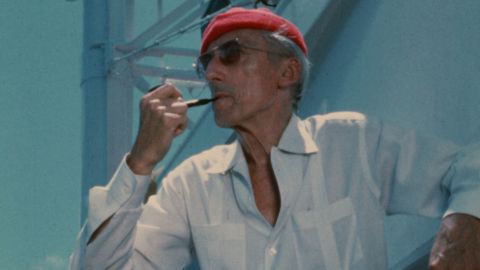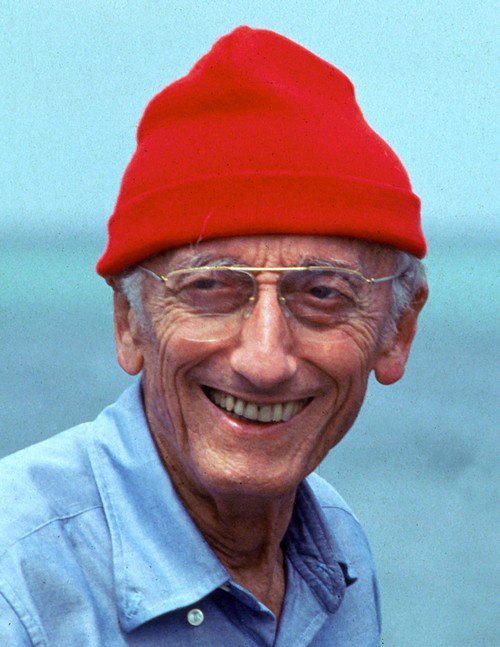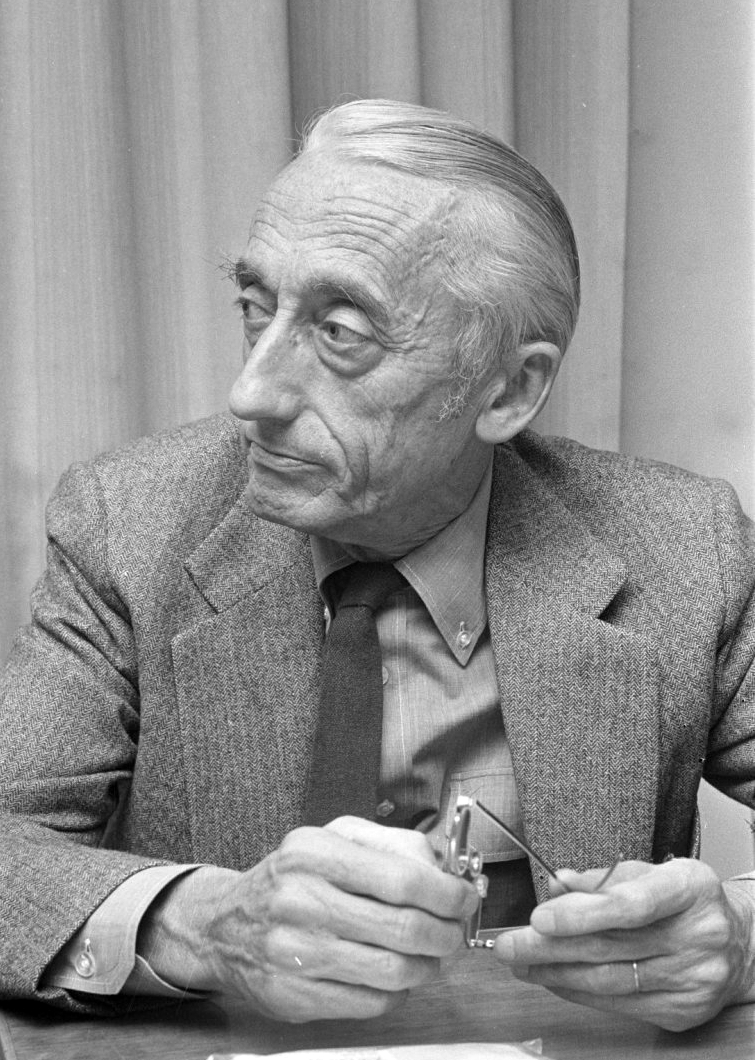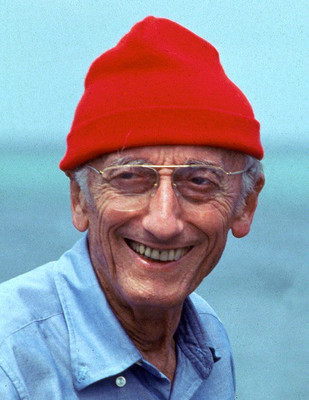The Famous Jacques Cousteau - by Eco Dive Center
Posted by William Taylor on on 27th Jan 2023
Jacques Cousteau was a French oceanographer, filmmaker, and inventor who is best known for his pioneering work in underwater exploration. One of his most significant contributions to the field of scuba diving was the development of the first successful scuba regulator.

A scuba regulator is a device that controls the flow of air from a scuba tank to the diver's lungs. It allows divers to breathe underwater by reducing the high-pressure air from the tank to the ambient pressure at the depth at which the diver is swimming. Prior to Cousteau's invention, divers had to rely on surface-supplied air, which limited their mobility and freedom underwater.

Cousteau and his team of engineers, led by Émile Gagnan, developed the first successful scuba regulator in 1943. The device, called the Aqua-Lung, was a significant improvement over previous designs, as it was smaller, more reliable, and easier to use. The Aqua-Lung also introduced the concept of a demand valve, which automatically supplied air to the diver only when they inhaled, conserving the diver's air supply.
The Aqua-Lung was an immediate success and revolutionized the field of underwater exploration. It allowed divers to go deeper and stay underwater for longer periods of time, opening up new possibilities for research and discovery. The Aqua-Lung also made scuba diving accessible to a wider audience, as it was more affordable and easier to use than other diving equipment.

Cousteau and his team continued to make improvements to the Aqua-Lung and other diving equipment throughout their careers. They also made many groundbreaking discoveries and contributions to the field of oceanography, including the development of underwater cameras and lighting systems.
In conclusion, Jacques Cousteau's invention of the scuba regulator, the Aqua-Lung, was a revolutionary development in the field of underwater exploration. It allowed divers to go deeper and stay underwater for longer periods of time, opening up new possibilities for research and discovery. Cousteau's work continues to influence the field of scuba diving and oceanography to this day.

